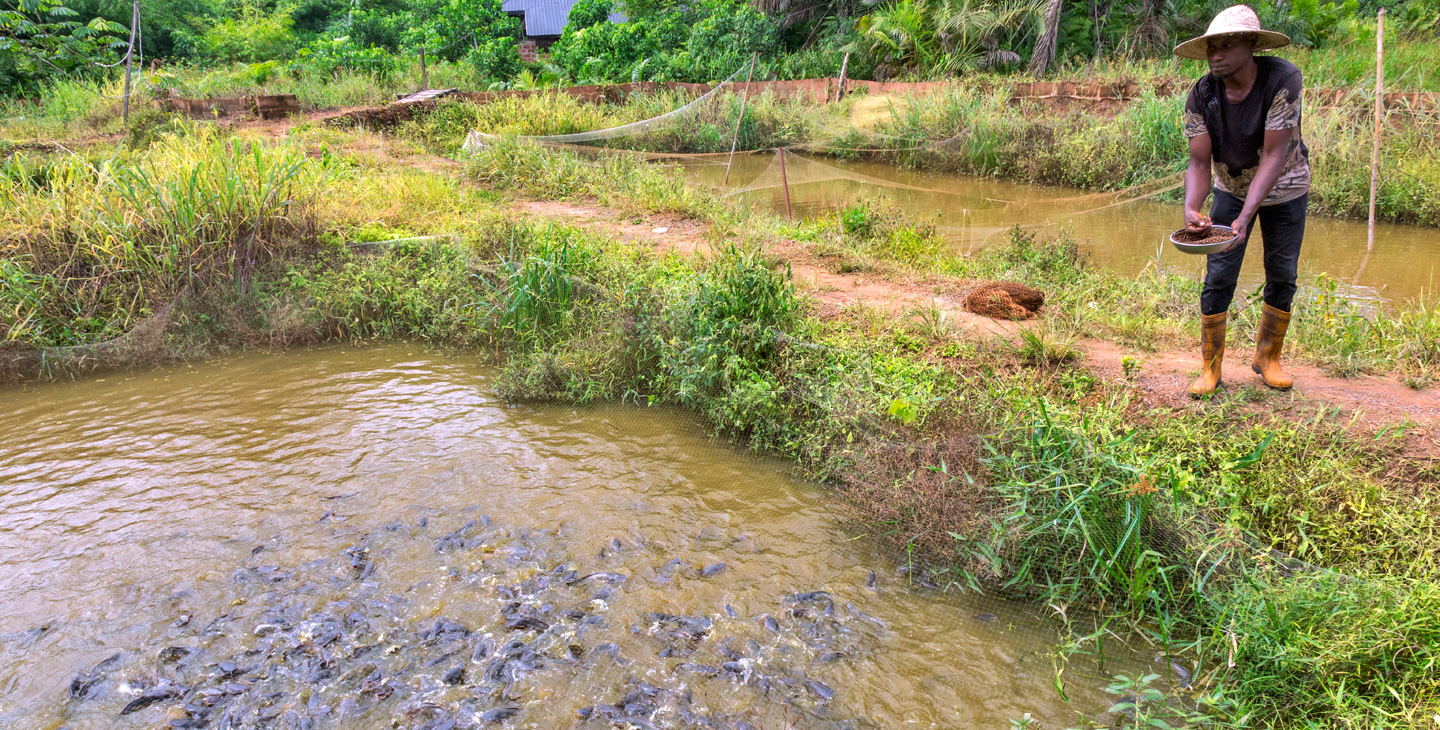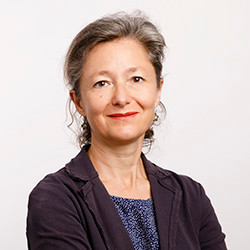Norway commits funds to IFAD to lift aquaculture communities out of poverty and lower malnutrition in Kenya, Mozambique and Tanzania
IFAD Asset Request Portlet
Asset Publisher
Norway commits funds to IFAD to lift aquaculture communities out of poverty and lower malnutrition in Kenya, Mozambique and Tanzania
20 December 2021
Rome, 20 December 2021 – As more people spiral into hunger and poverty due to pandemic restrictions, climate change and conflicts, the Norwegian Agency of Development Cooperation (NORAD) has committed NOK 45 million (US$5 million) to increase the incomes and build the resilience of small aquaculture farmers in Kenya, Mozambique and Tanzania, the International Fund for Agricultural Fund (IFAD) announced today.
“This generous contribution of Norway underscores its credentials as a global leader in sustainable fisheries management and is further proof of the country’s relentless determination to free the world from hunger and poverty,” said Gilbert F. Houngbo, President of IFAD. “The sustainable development of the aquaculture sector holds significant potential to address malnutrition and poverty worldwide. Norway’s support will help thousands of small aquaculture farmers build better lives for their families and produce the healthy foods their communities need.”
The contribution from NORAD will finance the Advancing Resilient and Nutrition-sensitive Smallholder Aquaculture (ARNSA) Project implemented by IFAD and its government partners. With the aim to support approximately 3,000 smallholders and make increased quantity and quality fish products available to at least 100,000 people, the project will pilot and scale-up climate resilient and nutrition-focused aquaculture technologies and approaches. It will, in particular, improve access to quality and affordable farm inputs such as seeds and feed, and to market opportunities especially for women and youth through innovation and value creation. It will also strengthen farmers’ technical skills and extension services and address post-harvest losses.
The project will focus mainly on inland aquaculture, except in Tanzania where attention will be given also to seaweed value chains. The support from NORAD contributes to IFAD’s increasing attention to aquaculture in Sub-Sahara Africa, which now includes related investments in Tanzania, Kenya, Mozambique, Angola, Eritrea, Ethiopia, Nigeria and Ghana.
Today, small-scale aquaculture farmers provide over 80 percent of the global acquaculture production. Worldwide roughly 20 million people engage in full or part-time aquaculture, many of whom struggle to maintain reasonable livelihoods. With a growing demand for fish products, in particular from Africa and Asia, the sector holds a strong potential for growth, better incomes for the producers and employment opportunities especially for women.
In addition, as a source of high-quality macro and micronutrients, fish and aquatic foods are irreplaceable in combating malnutrition and alleviating nutritional deficiencies. Globally, 22% of children below the age of five (149 million) are stunted (too short for their age) and 30% of girls and women aged 15-49 years (571 million) suffer from anemia.
As one of the world’s leading fishing and aquaculture nations, Norway has made the establishment of secure and sustainable fisheries and ecosystems in partner countries a priority through its Fish for Development programme. It aims to provide a coordinated and effective response to increasing food demand, rising poverty and the urgency to achieve multiple Sustainable Development Goals by 2030.
A founding member of IFAD, Norway has contributed US$435.26 million to the Funds’ core budget since its creation in 1978. In addition, Norway pledged NOK 508 million (US$53.46 million) to IFAD’s 2022-2024 funding cycle, a 40% increase from the previous cycle. Norway is also supporting specific programmes directly for a total of US$30.2 million, in particular to help small-scale farmers adapt to climate change, tackle malnutrition, and support farming families and refugees in the Lake Chad basin.
Press release No.: IFAD/82/2021
IFAD invests in rural people, empowering them to reduce poverty, increase food security, improve nutrition and strengthen resilience. Since 1978, we have provided US$23.2 billion in grants and low-interest loans to projects that have reached an estimated 518 million people. IFAD is an international financial institution and a United Nations specialized agency based in Rome – the United Nations food and agriculture hub.
A wide range of photographs of IFAD’s work in rural communities are available for download from its Image Bank.
